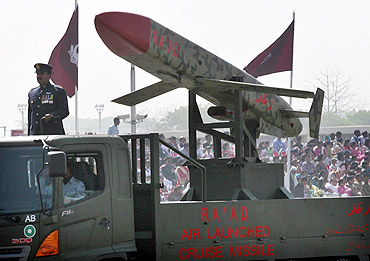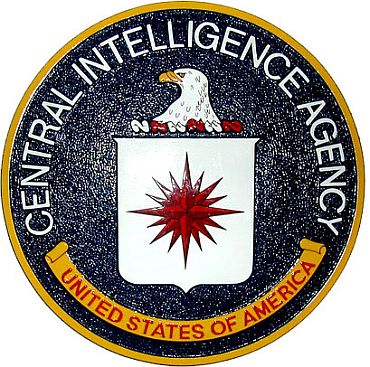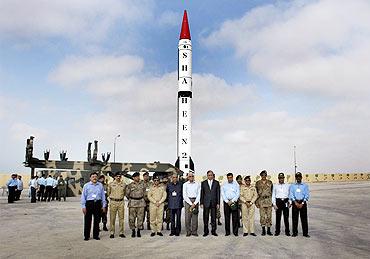
Though the United States and the United Kingdom did not inform India of a covert operation to stop Pakistan going nuclear, New Delhi had its own intelligence in 1978 to conclude that Islamabad was just two or three years away from making an atomic bomb, according to declassified documents.
Both the US and Britain collectively decided not to inform India about the operation, fearing it would have adverse impact in Pakistan if leaked from New Delhi.
"Having heard reports that an evolving plan to curb the Pakistani nuclear programme might involve informing the Indian government about US concerns, (US) Ambassador (to Pakistan, Arthur) Hummel suggested that providing factual information would have an adverse impact in Pakistan if word of it leaked from New Delhi," said the US Embassy cable issued from New Delhi on November 17, 1978.
...

Hummel was not worried about leaks from the Nuclear Suppliers Group but "for USG to be seen by Pakistan to be colluding with India in this is [a] totally different matter", said the latest declassified State department cables.
In response, the State department said that its officials had instructions not to share US "concerns" with the Indians while the then US Ambassador to India Robert Francis Goheen observed that the Indian government "has known for some time that we believe Pakistan to be bent on achieving a nuclear weapons capability." While he believed that the embassy had offered "no factual information," he said that Indian diplomat V Shankar had claimed that Pakistan was "two or three years" away from a nuclear capability.
Apparently Goheen had asked the CIA station to investigate where Shankar might have got this information, but it had "drawn a blank."
...

According to another cable of September 23, 1978, a source at the French White House, the Palais de l'lyse, informed the US embassy that new information suggested that Pakistan was determined to complete the reprocessing plant "on its own."
To acquire the necessary technology, Pakistan had made "probes in Rome, Tokyo and Madrid" and perhaps elsewhere. The source suggested that Pakistani might be trying to develop a nuclear capability so that it could resist "blackmail" from India but not testing a device so that it could avoid an "international outcry", the cable said.